The Power of Reading About Your Home
Jaquira Díaz’s 2019 memoir resonated deeply with me in a way that a bronzed Al Pacino never could, and that a book never had.
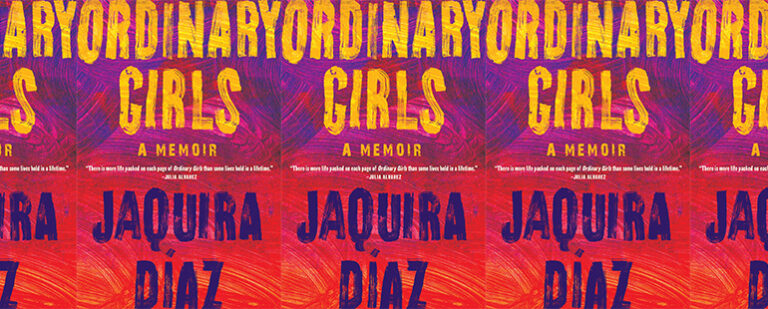
Jaquira Díaz’s 2019 memoir resonated deeply with me in a way that a bronzed Al Pacino never could, and that a book never had.
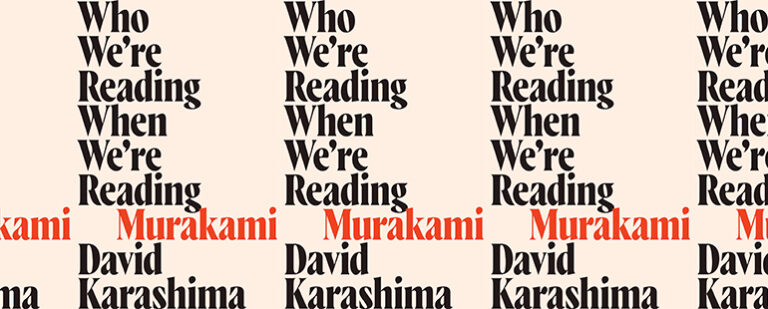
David Karashima’s new book lays bare the invisible structures that support the international career of someone like Murakami: the multiple translators, editors, and publicists that take his work and create it into the product that Western readers then consume.

Poets, novelists, and artists of the Anthropocene are using their art to reveal the ties that bind us to that hazy concept of “nature,” and they often start with its most potent symbol, the tree—the embodiment of extreme strength and extreme vulnerability.
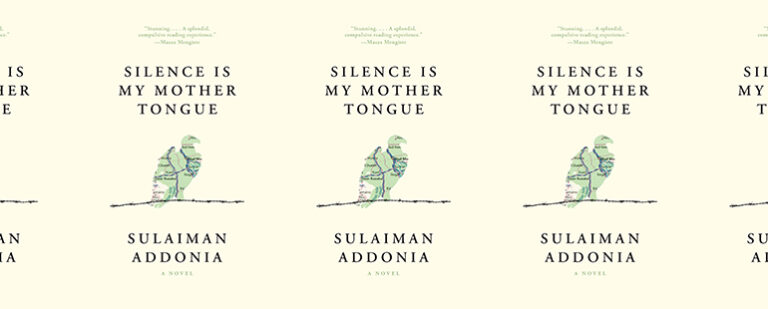
While Addonia’s new novel gives us innumerable examples of what is missing from the lives of his characters, living in a refugee camp after their country is swept into war, each is combatted with a bout of illusion, a tactic to conquer the absences and to enliven what remains: their lives.

Kathy Acker’s infamous novel includes a section titled “The Persian Poems,” which pairs words written in Farsi alongside their translations in English. What has largely gone unrecognized is that Acker has deliberately mistranslated specific words, bringing an entirely new meaning to this passage, Acker’s craft, and the reader’s internalization of power.
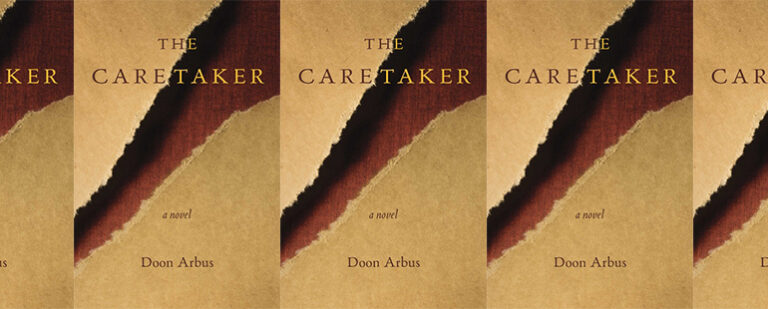
Doon Arbus’s debut is an enigmatic and necessary book, especially for those conflicted about the physical detritus accumulated over the course of a life.
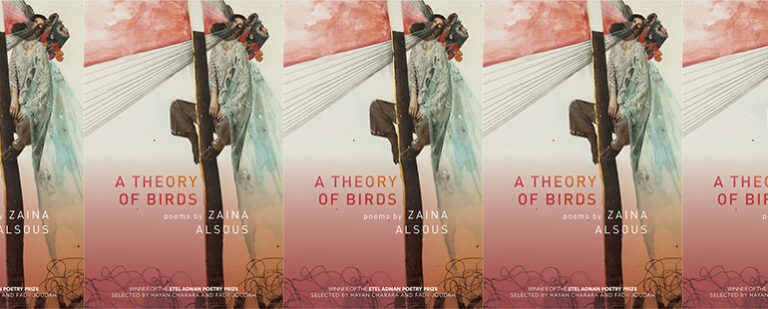
Alsous’s poetics is politically radical not just nominally, or because of its allegiances or her biography. The poems in her prizewinning debut collection are at work chronicling and postulating a reordering of things, or a world dreamed into decolonial being, an abolition in language on the level of affect and feeling.

Jason Diamond’s cataloging of suburban cultural touchstones is a crucial first step towards having a healthy conversation about the suburbs today because, without this consideration, there can be no reconsideration.
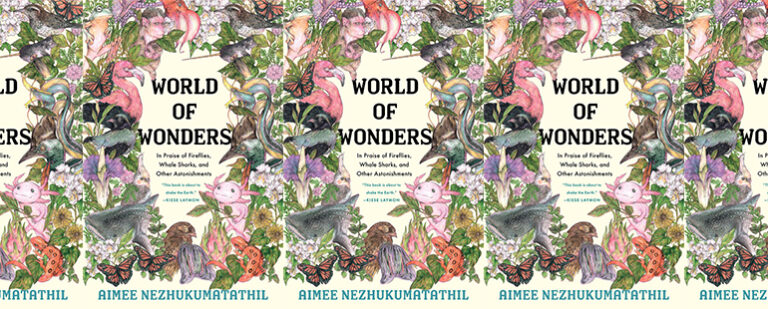
Through her celebration of nature—and herself—Aimee Nezhukumatathil explores how it connects her to family and has played a role in building her own. Ultimately, she urges, we should wonder while we can, and do better to protect that which we can wonder at before we lose it completely.
No products in the cart.